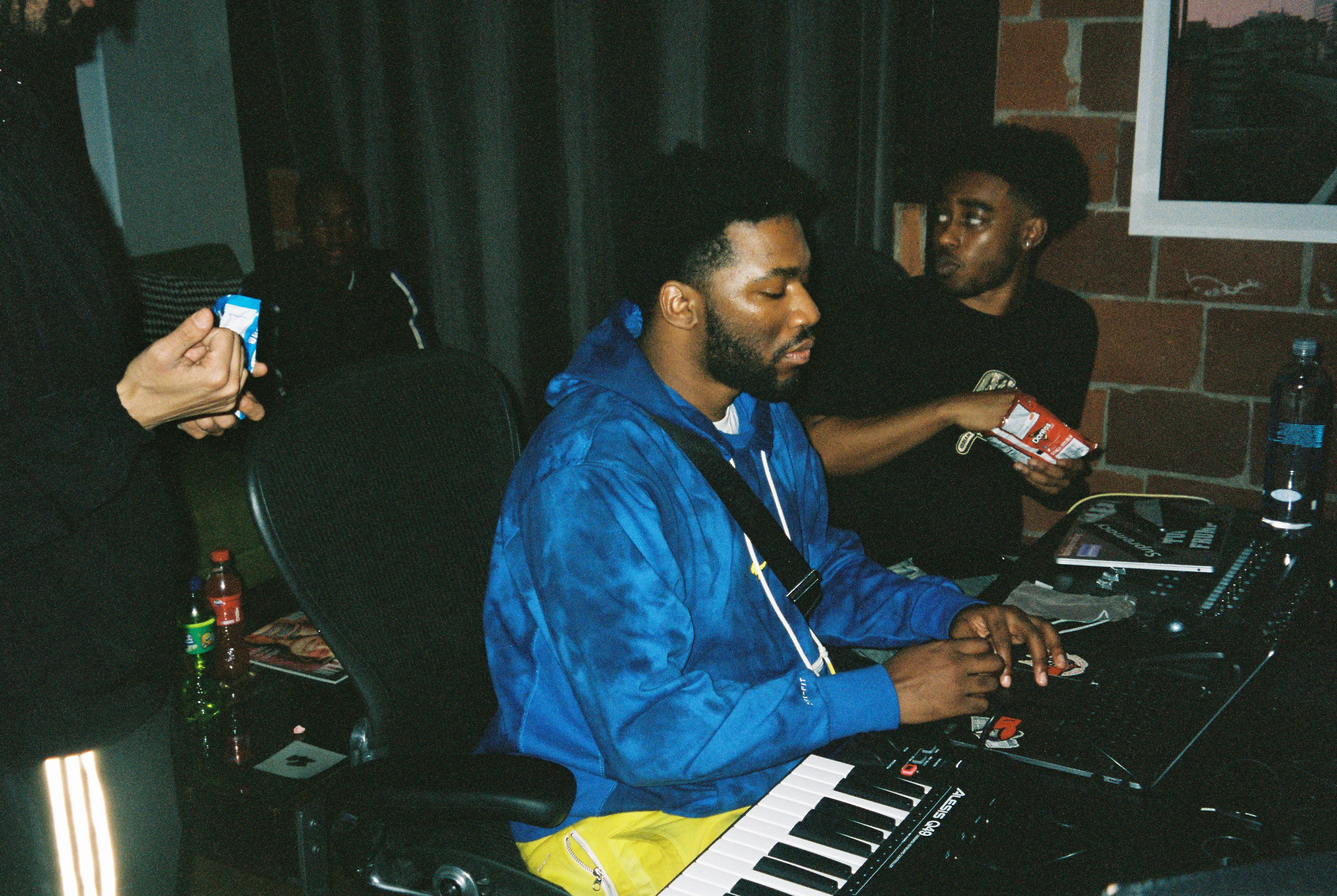How to split music royalties on a collaborative track?
Making music with a group of people is exciting, but you must consider the business side. Whether you are in a band or teaming up with others on a song, it is important to talk openly about money and responsibilities.
Who is doing what? How much is everyone getting paid? These questions and more are crucial to avoiding any confusion down the line. It may seem awkward, painful, or unnecessary, but having these discussions ahead of time will ultimately help everyone involved feel relaxed while creating a track.
This blog post dives into the different artist roles, splitting royalty earnings, and artist musical rights. Don't worry; we always try to make these topics as easy to understand as possible.
Ready? Let's Go!
What roles can you take on when creating a track?
Various roles are involved in music creation, but we will focus on the two main artist groups: Composition and Performance. As you read the following, remember that individuals may wear multiple hats (that is, take on different roles). Likewise, several artists can fill the same role.
The Composition Team
Typically, a song begins with a musical composition and lyrics. The individuals involved here are the songwriters, who are protected and compensated through copyright. You are part of the Composition Team if you contribute in any way to the lyrics, melody, or composition. The same goes for beatmakers and arrangers who tweak the composition or adaptors who revise the lyrics.
When composers decide to commercialize their work, they often enlist the help of music publishers. These publishers seek out musicians interested in performing the composition. The composition team and music publisher formalize a collaboration through a buy-out agreement that outlines how to divide copyright between the parties.
The Performance Team
At this stage, the song comes to life through performance—whether played, sung, or recorded. Master rights protect and pay the individual involved during this process. You are part of the Performance Team if you sing in the chorus or play an instrument.
If involved, the producer handles the financing often by providing access to a recording studio. A recording contract specifies how the performers and producer distribute the master royalties.
Learn more about copyright and master rights here.
How do artists split royalty earnings between themselves?
The split of royalty earnings varies by situation. Suppose you and your group already use a publisher or producer. In that case, the publishing and recording contracts will outline the division of earnings. If you are self-produced, you decide on the division of earnings.
While it is impossible to cover every way artists can split earnings, we've provided two basic examples:
Artists in a Band Signed to a Record Label
Let's say we have a band called The Llamas that has signed to a record label. The members of this band are:
Axel: Vocals and lyric writing
John: Chorus vocals and co-writing lyrics
Mary: Keyboard and beatmaking
Anna: Guitar, who helped Mary with the composition
The Llamas signed an artist contract with their label to receive 15% of the revenues generated by their song. In exchange for the remaining 85%, their record label finances the band's recordings, marketing, and promotions.
Regarding how The Llamas will split this 15% between themselves, the band divides the earnings equally. Why? Because each member contributed to both the songwriting and recording processes.
Independent Artists in a Band (No Record Label)
Now, let's explore how The Llamas would divide earnings if they did not sign to a label—that is, they are independent artists. To keep things simple, we have kept the artists and roles the same as above.
Keep in mind that different team roles earn different royalties. If you've forgotten:
The Composition Team = Copyright
The Performance Team = Master Rights
First, let's look at copyright and composition. Since Axel is the chorus writer, he will receive a larger share than John, who only adapted/co-wrote the lyrics. Having led the composition, Mary will receive more than Ana, who had more of an assistive role. For this reason, Axel and Mary split 80% of the royalties for their involvement, while John and Ana only receive 10% each.
For the master royalties, The Llamas opt for an equal split of 25% each since they all have a role during performances.
How does an artist collect all music royalties?
Collecting Music Royalties by Streaming
A record label usually handles the distribution of royalties and pays artists according to the agreed terms. If an artist is self-produced, they collect their own royalties. This can be via a copyright collection platform, such as Bridger. Or via a digital distributor, such as Winamp for Creators, which collects master royalties for independent artists completely for free.
Collecting Royalties by TV, Radio, or Public Places
To receive master royalties for broadcasts in public places, on TV, or on radio, an artist must register with a CMO (or Collective Management Organization) dedicated to performers. Since the US does not collect master royalties for public places, TV, or radio, this collection only applies in Europe. The US does, however, collect master royalties for streaming. To receive copyright and songwriter royalties, register with a CMO that deals with songwriters.
Little Summary
When collaborating in music creation, artists must have discussions on finances and roles to avoid confusion and ensure appropriate compensation for contributions.
Keep in mind:
Musical creation usually falls into two main groups: The Composition Team and The Performance Team. Each team is compensated with different royalty types—copyright or master rights. Independent artists can use organizations that distribute royalties, such as Bridger for copyright royalties or digital distributors like Winamp for Creators for master royalties.
Are you curious to learn more about collecting music royalties, artist contract types, digital distribution platforms, or earning money as an artist? Check out the rest of our Winamp for Creator blog posts here.
Music Rights
4 minutes
24 May 2024




